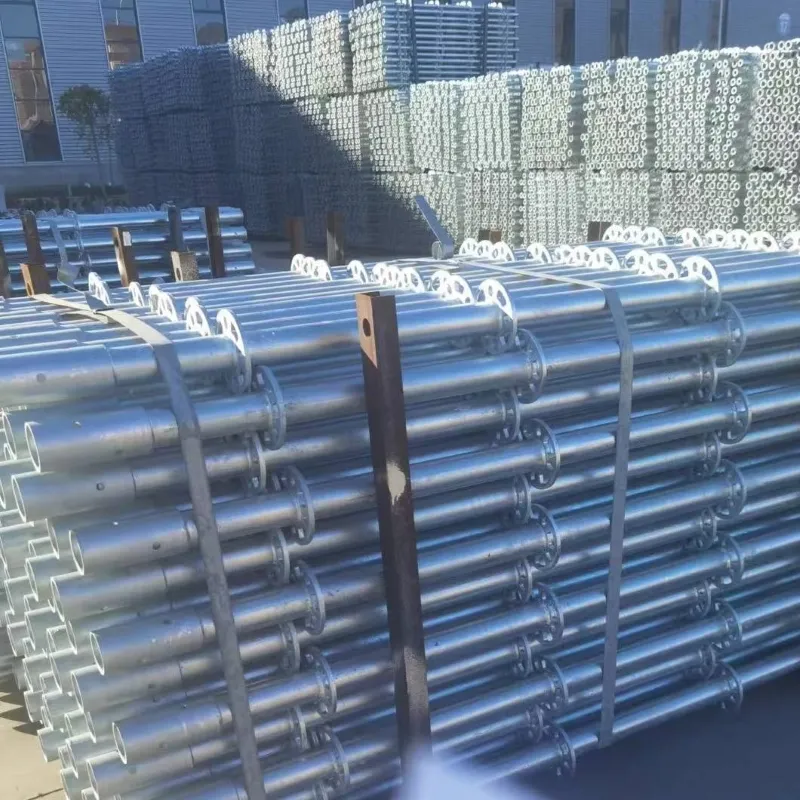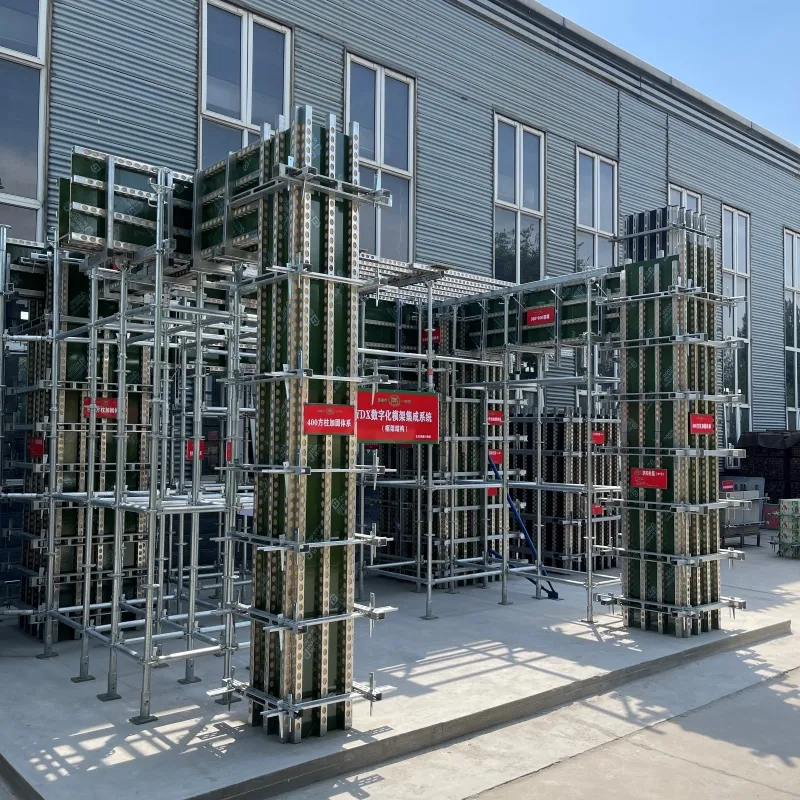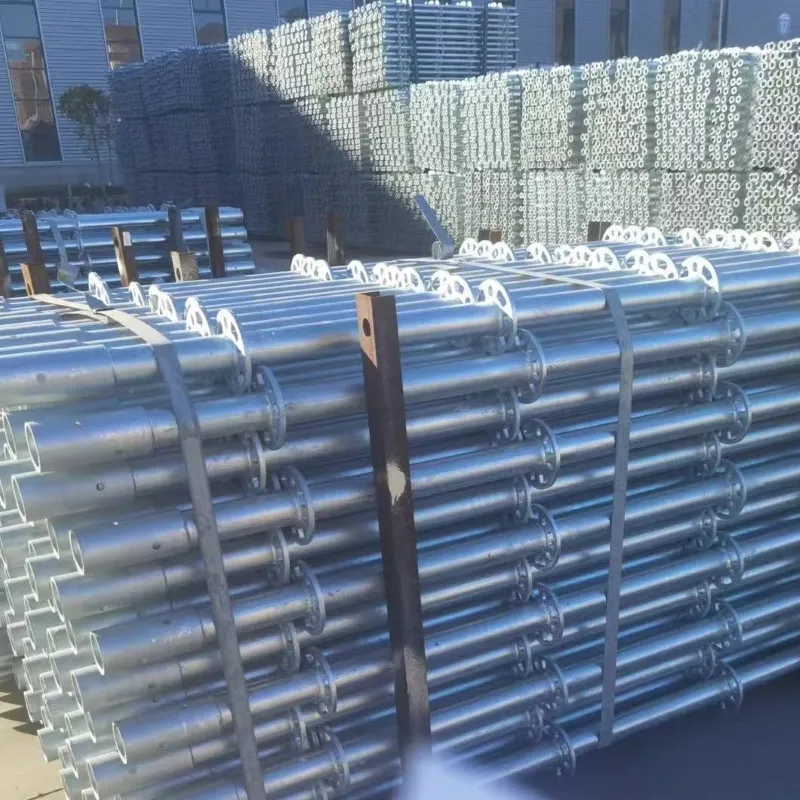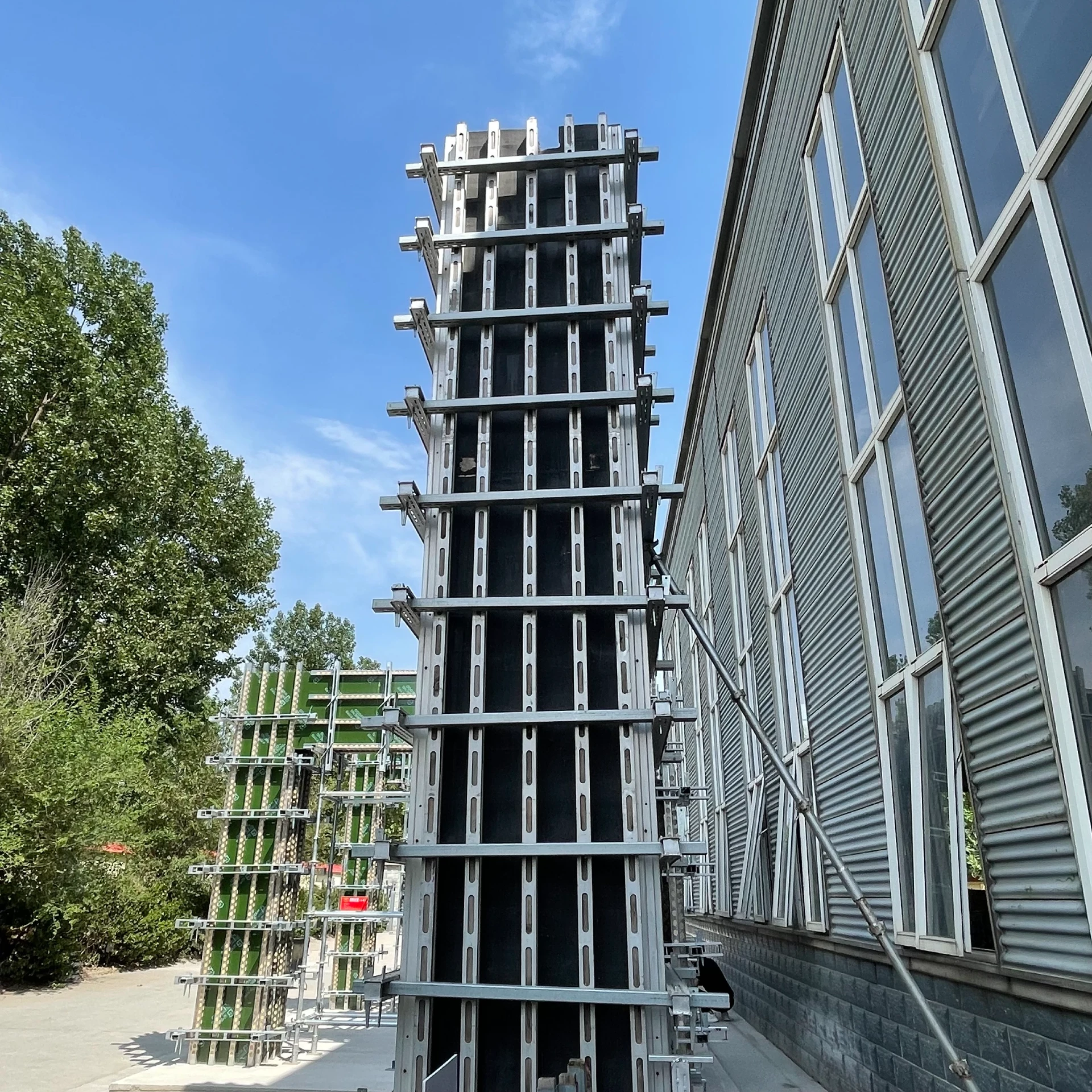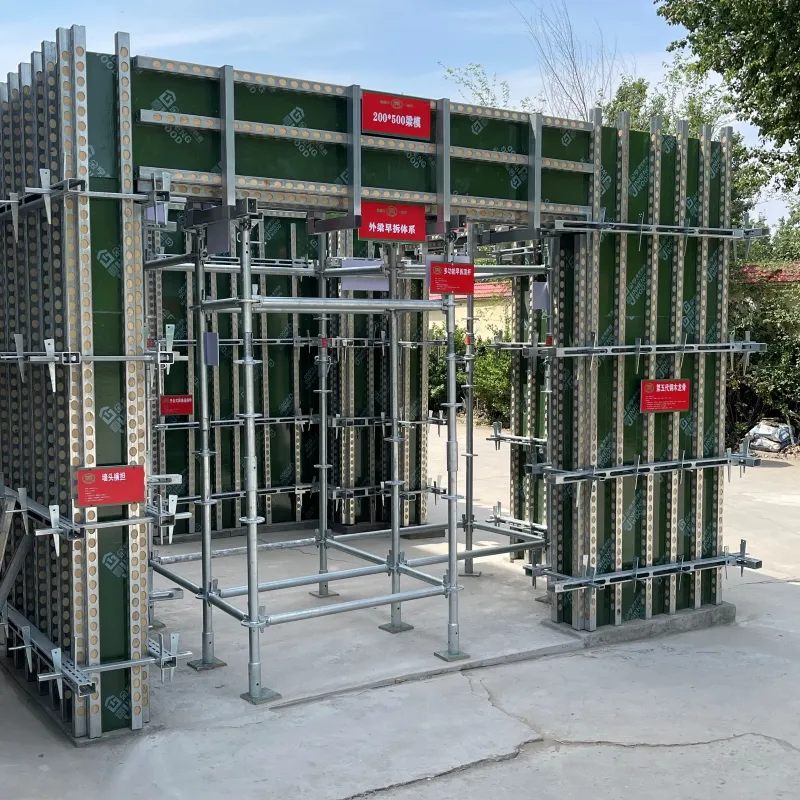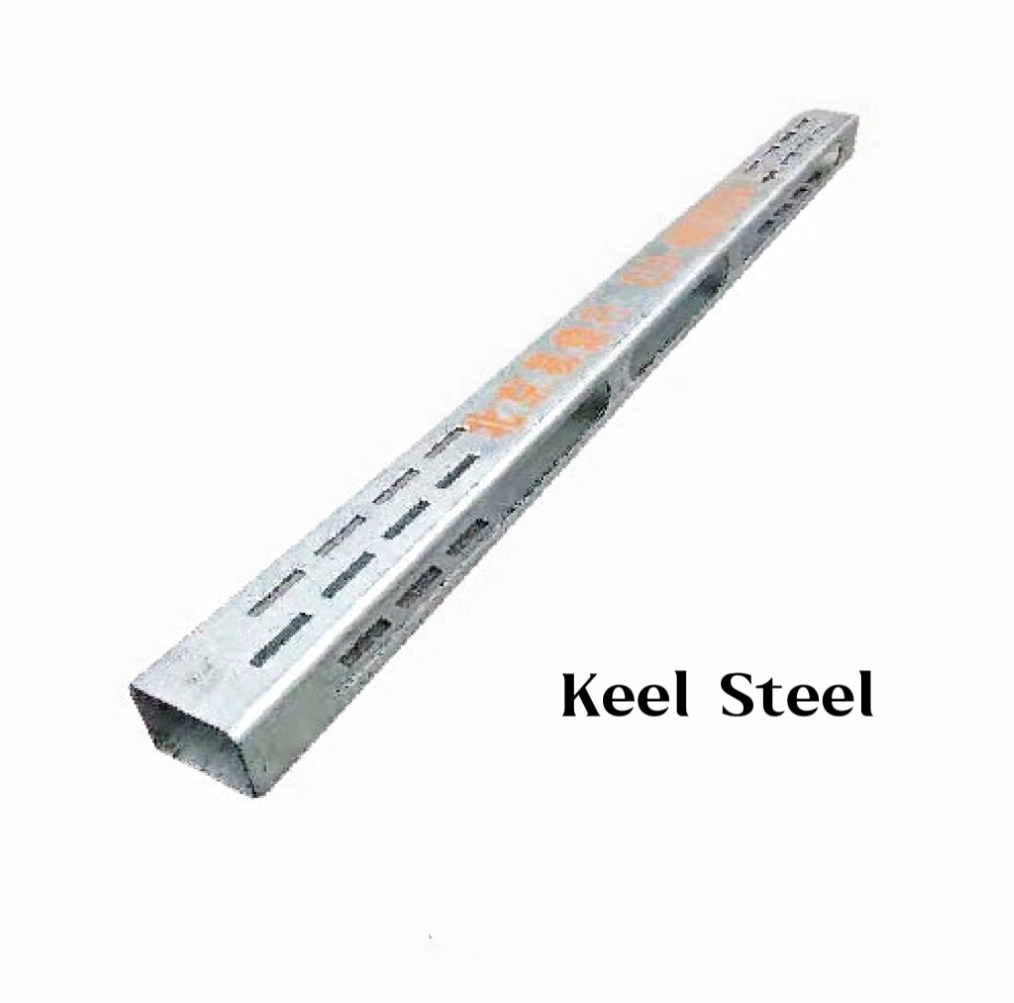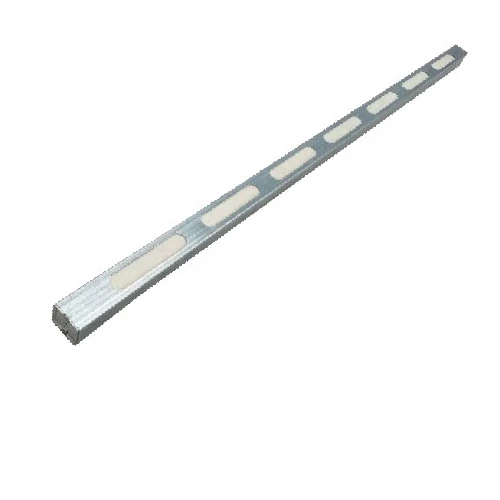
Elevate Construction Efficiency with Versatile Scaffold Systems
Modern construction projects demand not just strength and reliability, but also adaptability and safety. That’s where scaffolding comes into play. As an indispensable structure in any building or renovation job, scaffolding offers elevated access, stability, and flexibility to workers across various heights and environments. Whether you're working on residential homes or large commercial buildings, a quality scaffolding system ensures that every job can be completed efficiently, safely, and with confidence.
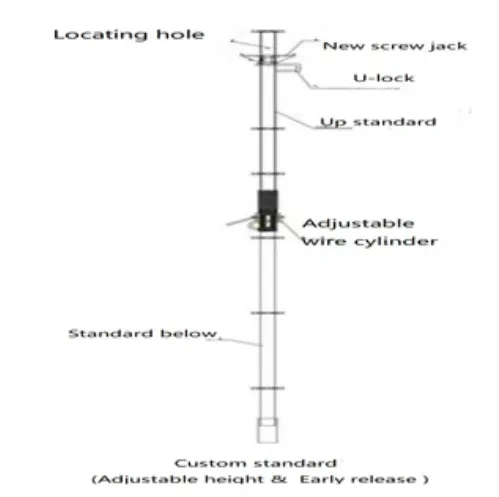
Scaffold Platform – Secure and Spacious Working Surfaces
The core of any reliable scaffold system is the scaffold platform, which provides a stable, wide space for workers, tools, and materials. Built to support significant weight and engineered for slip-resistance, a well-designed scaffold platform enhances worker confidence and productivity. Its easy integration into different scaffold frames and compatibility with guardrails and toe boards makes it the preferred choice for contractors aiming to maintain high safety standards without compromising on mobility or convenience.
Rolling Scaffold – Flexible Movement for Fast-Paced Sites
In environments where mobility is as important as elevation, the rolling scaffold stands out as a time-saving solution. Fitted with lockable caster wheels, this type of scaffold can be moved across floors without disassembly, allowing for seamless transitions between work areas. Whether used in indoor settings like warehouses and auditoriums or on smooth exterior surfaces, the rolling scaffold supports multi-height adjustments while offering unmatched flexibility and safety on the go.
A Frame Scaffold – The Go-To for Simplicity and Stability
For jobs that demand straightforward setup and robust support, the a frame scaffold is a time-tested favorite. Its ladder-style design allows for easy assembly and tear-down, making it ideal for short-term or frequently relocated projects. Despite its simple appearance, the a frame scaffold offers outstanding stability, especially when paired with a sturdy scaffold platform, and is often seen in painting, drywall work, and light-duty construction jobs where fast access and safety are top priorities.
Choosing the Right A Frame for Your Project
When selecting an a frame scaffold, consider the height, weight capacity, and base dimensions required for your specific job. Opt for models with rust-resistant coatings and reinforced cross braces for added durability on long-term projects.
A Scaffold for Every Task – Customizable and Scalable
The term "a scaffold" may sound general, but its application is anything but. Whether it’s a narrow tower for indoor ceiling work or an expansive exterior rig for high-rise repairs, a scaffold can be customized to meet any task. With modular components that allow for height extensions, angled assembly, or specialized platforms, it adapts easily to both complex and compact environments. Investing in a scalable scaffold setup means fewer limitations on-site and greater overall workflow efficiency.
Scaffolding FAQs
Q: What is the benefit of using a scaffold platform instead of a basic plank?
A: A scaffold platform provides a wider, safer, and more stable work surface, reducing the risk of slips and falls while improving load distribution for tools and materials.
Q: How mobile is a rolling scaffold on an active job site?
A: A rolling scaffold can be easily moved across level surfaces and locked securely in place, making it ideal for jobs that require frequent repositioning without disassembly.
Q: When should I choose an a frame scaffold over other types?
A: The a frame scaffold is perfect for quick setups, small projects, or jobs requiring frequent relocation. Its simplicity makes it highly user-friendly and cost-effective.
Q: Can one scaffold be adapted for different jobs?
A: Yes, a scaffold can be customized with various platforms, rails, and frame extensions to suit different tasks, heights, and environments.
Q: What makes scaffolding essential for construction safety?
A: Scaffolding provides secure elevation, prevents falls, and supports the safe use of tools and materials—making it vital for both worker protection and efficient project completion.
-
The Impact of Weather Conditions on Scaffold Platform PerformanceNewsAug.01,2025
-
The Fundamental Role of Steel Keel in Building StructuresNewsAug.01,2025
-
The Advantages of Aluminium Scaffolding for Sale in the Construction MarketNewsAug.01,2025
-
Supply Chain Optimization in Joist Reinforcement Plate ProductionNewsAug.01,2025
-
Material Grades and Their Significance in Column Rebar SelectionNewsAug.01,2025
-
How to Select the Right Timber Steel for Structural ApplicationsNewsAug.01,2025
-
The Importance of Reinforcement Bar in ConstructionNewsJul.11,2025




